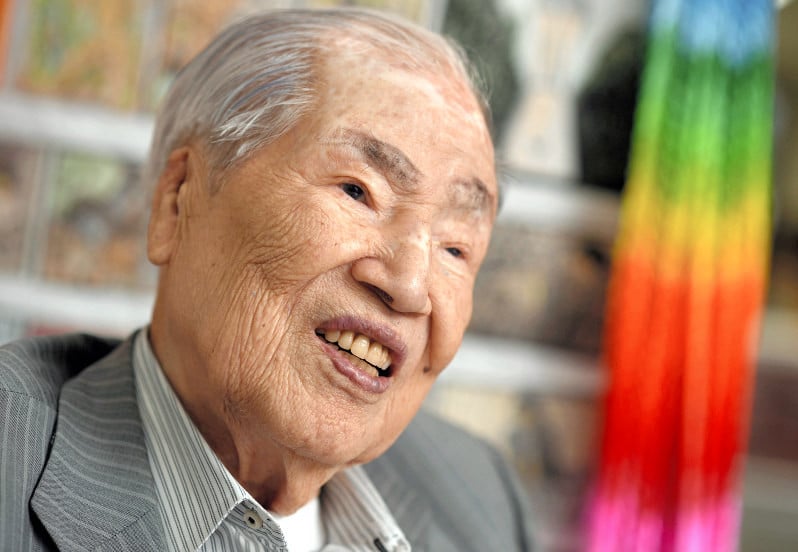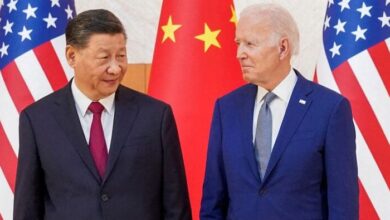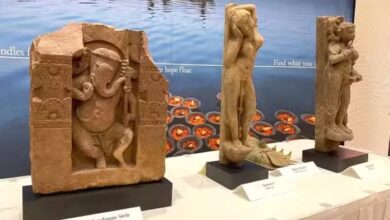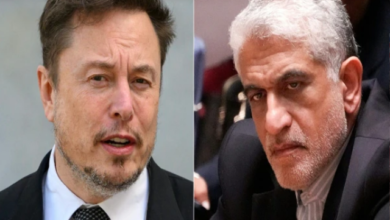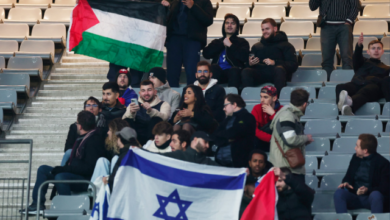In a momentous announcement on 11 October 2024, the Japanese organisation Nihon Hidankyo was awarded the Nobel Peace Prize for its tireless efforts in advocating for a world free from nuclear weapons.
The award recognises the group’s impactful work in raising awareness about the catastrophic consequences of nuclear warfare, particularly through the powerful testimonies of atomic bomb survivors, known as Hibakusha, from Hiroshima and Nagasaki.
The announcement was made at the Norwegian Nobel Institute in Oslo, drawing attention to the profound legacy of those who have lived through the horrors of nuclear attacks.
Nihon Hidankyo, a grassroots movement formed by survivors, has dedicated itself to educating the public and policymakers about the need for nuclear disarmament and the imperative that nuclear weapons must never be used again.
In recent years, the global landscape has been marred by renewed tensions surrounding nuclear proliferation.
The Nobel Committee’s decision to honour Nihon Hidankyo reflects a growing recognition of the need for sustained efforts toward peace and disarmament in an increasingly volatile world.
Last year’s Nobel Peace Prize was awarded to Narges Mohammadi, an imprisoned Iranian women’s rights advocate, for her courageous struggle against the oppression of women in Iran.
The continuity of social justice movements receiving this prestigious award underscores the Nobel Committee’s commitment to highlighting voices that advocate for fundamental human rights.
The Nobel Peace Prize, awarded exclusively in Oslo, has a significant cash component of 11 million Swedish kronor (approximately $1.1 million), alongside a medal that will be presented on 10 December, the anniversary of Alfred Nobel’s death. This year, a total of 286 candidates, comprising 197 individuals and 89 organisations, were nominated for the prestigious honour.
As Nihon Hidankyo prepares to receive the award, their recognition serves as a reminder of the enduring impact of survivor narratives in shaping public discourse on nuclear disarmament. Their message resonates globally, advocating for a future where the horrors of nuclear war are not repeated, but instead, transformed into a collective commitment to peace and justice.
The Nobel Prize is one of the world’s most prestigious awards, established by the will of Alfred Nobel, the inventor of dynamite, in 1895.
The prize recognises individuals or groups for significant contributions in six categories:
-
Peace,
-
Literature,
-
Chemistry
-
Physics
-
Physiology or Medicine
-
Economic Sciences.
The awards are presented annually in Stockholm, Sweden, except for the Peace Prize, which is awarded in Oslo, Norway. Each laureate receives a medal, a diploma, and a cash prize.

